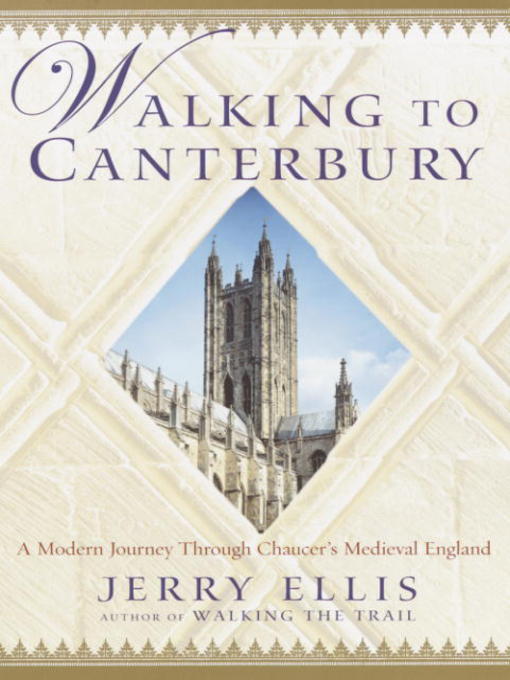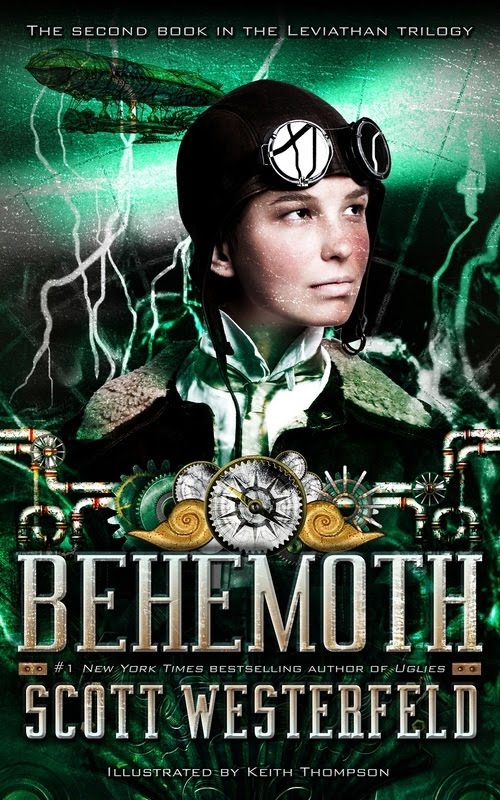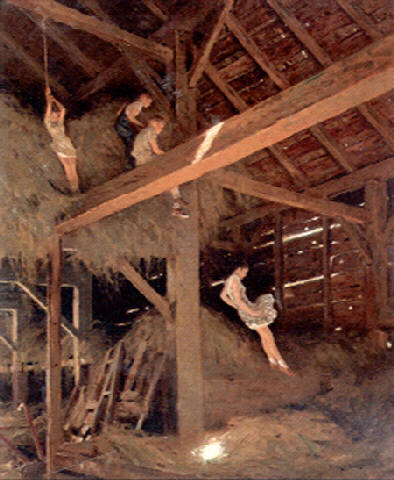
This is the first sentence: "Six months before Polly Cain drowned in the canal, my sister, Nona, ran off and married a cowboy." If you're anything like me, you want to read this book already, don't you--even without the rest of this review.
Well, here's the rest, for those of you who still aren't convinced:
The narrator, Alice Winston, is a twelve-year old girl, a lonely girl who wishes she had at least one friend, who wishes her father relies on her as much as he had relied on her older sister--the one who ran off with the cowboy without a word of explanation. Alice's father owns a struggling horse ranch in the town of Desert Valley, Colorado. Nona had won a slew of awards at local, national, and international levels for her horsemanship, but Joe Winston won't even let Alice get on a horse to start training for a show. Instead, he trains an inept rich girl, flattering her in the hopes that she will bring her rich friends out for lessons as well. When no rich friends show up and the situation becomes even more desperate, Joe takes on boarders, and the owners of these pampered horses seem interested mainly in grooming their horses, eating frozen grapes, drinking wine and gossiping--oh, and flirting with Joe. They are rich, indolent women, and Alice is both intrigued by them and repulsed.
In her loneliness, Alice manufactures a friendship with the drowned Polly Cain to initiate a secret friendship with her English teacher, lets Sheila (the rich girl taking showmanship lessons) into her life, lies about why her mother hasn't left her bedroom since Alice was a baby, and accepts gifts of clothing and jewelry from one of the boarders. Matters come to a head as all of her lies and fabrications are tested and begin to unravel, as she desperately rides one of her father's wildest horses in a show, as Nona and her husband reappear one day at the ranch. And as the long, brutally dry days of summer come to a shattering end with first a rainstorm and then, a short while later, a blizzard.
Aryn Kyle, the author, is a first-time novelist, and according to the notes at the end of the novel, she considers herself more a short story writer than a novelist. Indeed, the first chapter in the novel began as a short story, which won an award from
The Atlantic Monthly. Many of the chapters read a bit more like short stories than novel chapters, actually, as in each one, Alice learns something of a life lesson and each could function as a complete whole in itself.
The plot is certainly compelling with all the troubles of the Winston ranch and the uncertainty of its survival, but what really makes this story work is the variety and complexity of the characters, major and minor alike. Alice's adolescent voice is honest and wry, naive and yet wise, clear-sighted and also self-absorbed. She is both selfish and selfless, compassionate and careless. She is very much a young girl. The other characters are similarly beautiful and yet flawed. Most have a secret they would like very much to keep buried. Some of them are revealed through the course of the novel and some are not. As Sheila Altman remarks near the end of the novel: "That's what we do for the people we love...we keep their secrets."
Also, Aryn's written style is something to be remarked upon. Desert Valley is a fictional place, but the descriptions of the setting are quite realistic. Consider this: "And the snow fell. Like in a dream, it distorted shapes and colors, hiding everything that was familiar, burying everything that was real. Somewhere in the distance was the barn, the house, the world of my childhood. But the snow swirled like a million white insects around me, and I could see none of it."
In the end, though, Alice is what remains in my head. Like I said, she is wise beyond her years but also quick to make judgments and innocent despite her clear vision. Listen to her:
"But alongside the canal, there were no such promises. The water rushed, fierce and hungry. I pictured it rising, spreading across the entire valley until the town disappeared beneath, a sunken ship lost forever on the ocean floor. Maybe when it happened, I would float to the surface. Maybe the blue ribbon, worn and grubby in my backpack, and the memory of myself inside the ring--the lightness of my body, the pure, perfect silence--would be enough to lift me. And from up above, I would peer down into the watery ruin of the town, trying to remind myself what it had been like to live there, to recognize the place that had been my home before the rain came and everything old was lost."
"I tried to imagine anything I could do for my entire life, anything I was good enough at that someone might pay me to do it. I'd been repeatedly complimented on both my penmanship and my ability to whistle through my fingers like a boy, but these skills seemed unlikely to pay off in the long run."
"Through the window, Jerry's eyes locked with mine. In the movies, there were two sorts of men who had guns: heroes and criminals. Inside the truck, Jerry reached down, yanking the blanket back across the floor, then climbed out, locking the door behind him. He turned to face me and I could feel the fear rising inside my chest like ice water. Jerry was not a hero."
"All those years I had been unnoticeable, hiding behind my hair, slumping my shoulders, scuffing through the hallways alone. There was no way to get that time back, and so there was no point in thinking about it. What was important was today, tomorrow, the day that came after. What was important was knowing that all I had to do to be better than other people was act like I was."
"The sun was shining into my face, drying my tears, stiffening my skin. 'Even when you were a baby,' my father told me, 'we never knew what to make of you. We'd try to hold you and you'd arch your back, squirming away.' He turned his face to mine, and his eyes softened with seriousness, a moment of pure perfect truth. 'You're just like me.'
We looked at each other through the blinding glare of sunlight. This was the closest my father would ever come to saying that he had been wrong, the closest thing I would ever get to an apology. And I tried to smile at him, my lips waxy with dried tears. I tried to show that it was enough."
You need to read this book. Trust me.
 Today, somebody posted a video preview on facebook for this movie, which (sadly) won't be in theaters for another twelve months. Until then, though, I can look out my living room window and imagine Gandalf knocking on Bilbo's door. Clint started building this hobbit house a few summers ago. He was hoping to use only natural materials, but then his clay mixture started to prove recalcitrant, so he had to reinforce it with some plastic-ish webbing. He also laid rolled roofing under the soil on the roof to make it less leaky. Still, it looks hobbit-ish enough for me. Maybe this summer, he'll finish it and we can sit in there and puff smoky ships and dragons with our hand-whittled pipes.
Today, somebody posted a video preview on facebook for this movie, which (sadly) won't be in theaters for another twelve months. Until then, though, I can look out my living room window and imagine Gandalf knocking on Bilbo's door. Clint started building this hobbit house a few summers ago. He was hoping to use only natural materials, but then his clay mixture started to prove recalcitrant, so he had to reinforce it with some plastic-ish webbing. He also laid rolled roofing under the soil on the roof to make it less leaky. Still, it looks hobbit-ish enough for me. Maybe this summer, he'll finish it and we can sit in there and puff smoky ships and dragons with our hand-whittled pipes. This is what it looks like outside right now. Down in that hollow is our neighbor Thelma's yard. There's an apple tree back there in the haze, and it is the favorite eating ground of a family of deer. We see them all the time, and sometimes they leave their tracks in the snow around our house. When we have snow, that is.
This is what it looks like outside right now. Down in that hollow is our neighbor Thelma's yard. There's an apple tree back there in the haze, and it is the favorite eating ground of a family of deer. We see them all the time, and sometimes they leave their tracks in the snow around our house. When we have snow, that is.













































